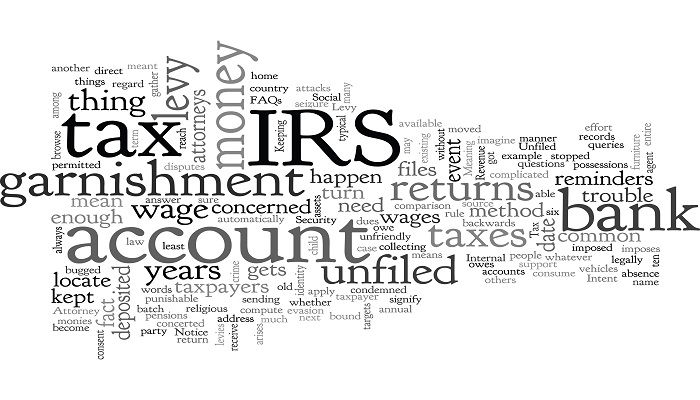
Taxpayers are required by law to file their tax return for the year in which there is a filing requirement. Most taxpayers file their tax returns on time voluntarily but there are times when some fail to file their returns or pay their taxes. There can be many reasons for not-filing taxes but unfortunately, not filing can create serious problems for taxpayers. Failing to file your tax returns can be costly in terms of potential penalties and missing out on any refunds. Let’s look at answers to 5 commonly asked questions about unfiled tax returns.
What happens if I ignore the IRS and do not file?
When a taxpayer fails to file their tax returns, the IRS can file a return for them which is called a ‘Substitute for Return’ or SFR. In the case of an SFR, the taxpayer is not allowed any deduction or credits and no filing status is granted to them. Also, the SFR includes late filing penalties.
Related Blog: The Right to Finality: What Taxpayers Facing IRS Problems Must Know
How far back can I get a refund on a late filed return?
It is important to file your returns within three years of the due date if you are due any refund for withholding or estimated tax. This also includes any extensions that you may have been granted.
What happens if I miss the notice deadline to file my late return?
After you miss the deadline on your tax returns, the IRS will issue delinquent return notices CP 59, CP 515, and CP 518. In such a case, you need to contact the IRS to know your status and get any special filing instruction. It is recommended to take professional help for unfiled tax returns to get a favorable outcome. A tax attorney can help you get additional time to file without any IRS enforcement actions, including SFR filing.
What is the statute of limitations on late filed returns?
Legally, there is no statute of limitation on unfiled tax returns. To assess tax deficiency, the IRS can pick any unfiled year in the past but rarely goes past the last six years for enforcement of non-filing. Also, in most cases, SFR enforcement is completed within three years after the due date of filing.
Related Blog: A Brief Guide To IRS Tax Investigations
Can I get penalty relief when I file a late return?
Yes. If you have a clean record: having filed all returns, paid all outstanding taxes, and do not have any penalties over the past three years, you can apply for ‘First-Time Abatement’ or FTA. Another way of obtaining penalty relief from the IRS is through ‘Reasonable Cause’. If you have experienced any circumstances that are outside of your control and have kept you from paying your tax dues and filing tax returns, you can request the IRS in writing for penalty relief due to Reasonable Cause.
Final Words
Handling unfiled tax returns is a complicated task, which is why it is recommended that you take professional help from seasoned tax attorneys. If you have any unfiled tax return and need expert help attaining IRS problem resolution, you must immediately contact the team of Dallas IRS tax lawyers at the Law Offices of Nick Nemeth, PLLC. Our experienced Dallas tax attorneys specialize in helping clients with IRS issues such as filing unfiled tax returns. To speak with one of our Dallas tax attorneys, call (972) 426-2553, or email jamie@myIRSteam.com. You can also fill out our contact form.

